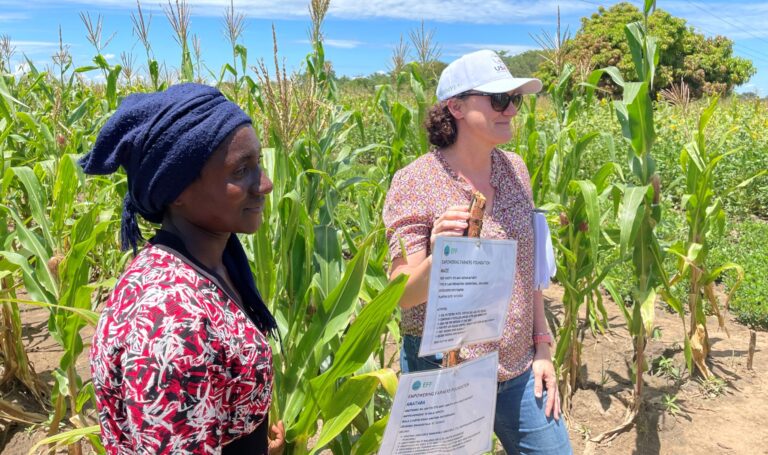By Leonard Chisi
Social Cash Transfers (SCTs) are emerging as a lifeline for small-scale farmers struggling with the harsh realities of climate change in Zambia, a new study has found.
According to researcher Leonard Chisi, who conducted the study in Ntulo community between January and March 2024, the program has “significantly enhanced small-scale farmers’ capacity to adapt to climate change by improving food security, boosting agricultural productivity, and strengthening financial stability.”
The findings show a sharp rise in food consumption among beneficiary households. Before receiving SCTs, only 10.5 percent of households consumed three meals daily. That figure has since grown to 30 percent, while those living on just one meal a day dropped from 28.1 percent to 4.8 percent.
Farmers also increased their use of fertilizers and hybrid maize seeds, while many diversified into poultry, goat rearing, and small-scale trade. The study highlights that 77 percent of households invested in children’s education and 61 percent in healthcare, reflecting the wider human development benefits of the program.
However, Chisi noted persistent gaps: “While Social Cash Transfers have reduced vulnerability for most households, challenges remain in coverage, payment efficiency, and long-term resilience. About 16 percent of households reported no improvement in vulnerability, underscoring the need for program refinement.”
The research suggests that timely payments, increased transfer amounts, and integration with climate-specific interventions such as drought and flood response programs could further strengthen the scheme’s impact.
“Social Cash Transfers in Zambia were not explicitly designed for climate adaptation, but the evidence is clear—they are helping households cope better with climate shocks and avoid poverty traps,” Chisi concluded.
The study also calls for government action to expand inclusion, strengthen monitoring, and design climate-focused protection programs tailored for smallholder farmers.
📌 Note to Readers
For further details and in-depth data from Leonard Chisi’s research, readers can access the full PDF report below.Leonard Chisi – research article, 2025
